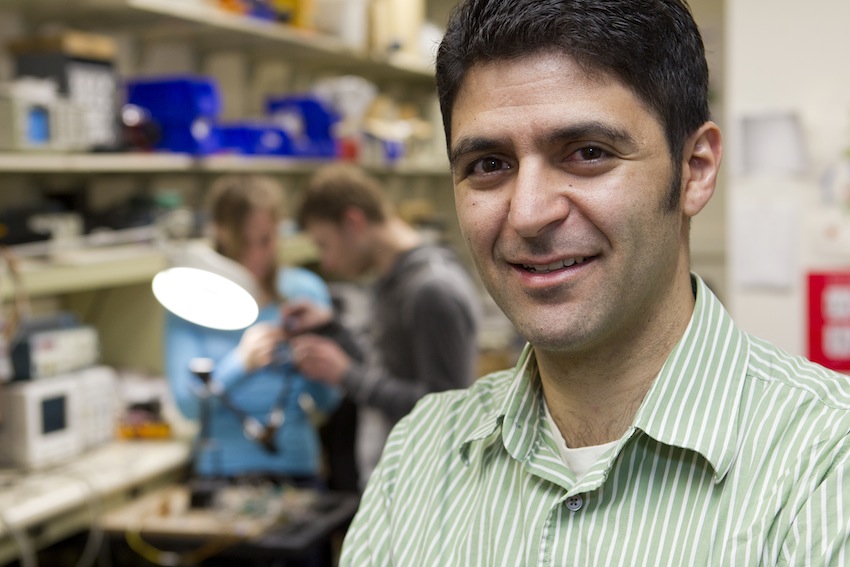The University City Science Center awarded $600,000 in grants to researchers at Drexel, Temple and Rutgers, according to a release.
The grants are through the Science Center’s QED program, which funds local university research in hopes of getting professors’ work to market. The program, which has awarded $3.6 million in grants since 2009, is backed by federal, state and, now, city government money: as part of the city’s Startup PHL program, the Philadelphia Industrial Development Corporation invested $500,000 in QED last March. Other QED investors include the William Penn Foundation and Wexford Science + Technology.
Out of the 20 projects the Science Center has funded so far, five have had their technologies licensed and have raised more than $9 million in funding after the initial QED investment.
This is the sixth round of QED awards. The researchers’ schools match the QED grants, which means that the total grant awards listed below include both the school’s award and the Science Center award. The awardees are below, as listed in the release:
- Dr. Christof Daetwyler of Drexel University College of Medicine, who is developing an online system to improve the communication skills of healthcare professionals using practice, assessment, and feedback. This project in the digital health track received business guidance from QED advisors Shawn Bridy and Aaron Moskowitz and will receive a total award of $100,000.
- Dr. Joseph Picone and Dr. Iyad Obeid of Temple University, who is working on EEG reporting software that automatically analyzes readings and guides diagnosis. This project in the digital health track received business guidance from QED advisors Sina Adibi and Robert Solomon and will receive a total award of $100,000.
- Dr. Samuel Gunderson of Rutgers, The State University of New Jersey, who is validating a new therapeutic compound for pancreatic cancer, one of the most difficult to treat. This project in the life sciences track received business guidance from QED advisors Joseph Messina and Kevin O’Neill and will receive a total award of $200,000. This is Dr. Gunderson’s second QED award.
- Dr. Benjamin Blass of Temple University, who leads a program that is developing a potential drug therapy for Amyotrophic Lateral Sclerosis (ALS), or Lou Gehrig’s disease as it’s popularly known. This project in the life sciences track received business guidance from QED Advisors Bozena Korczak and Don Skerritt and will receive a total award of $200,000.







